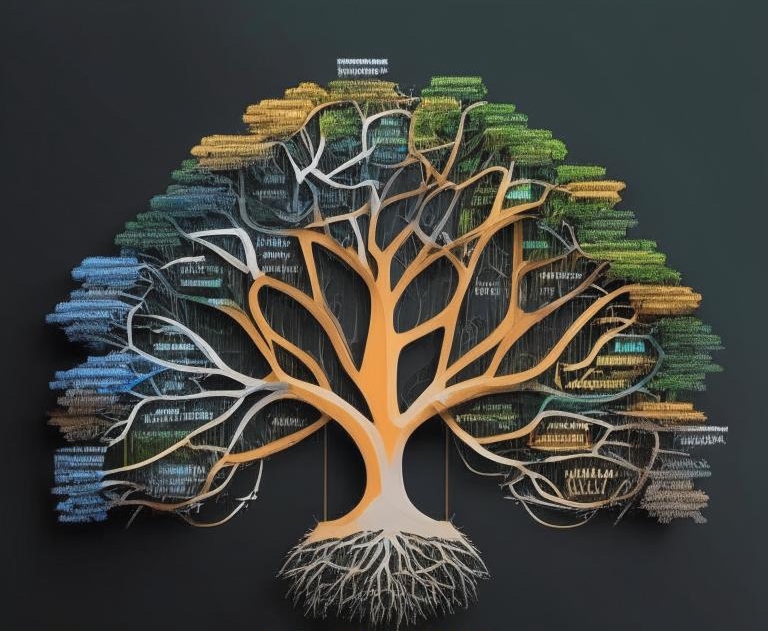Apriorism
by Immanuel Kant
Apriorism, proposed by Immanuel Kant, represents an attempt to overcome the dichotomy between empiricism and rationalism. Kant argued that both empiricists and rationalists conceive of the relationship between the knowing subject and the world as a rigid separation. There is the reasoning subject and the object to be known, and depending on whether we place the point of reference in the reasoning mind of the subject or in the world, which imprints itself on us, we arrive at either one or the other position.
However, according to Kant, this is not a dichotomy but an interaction. He introduced the concept of the “transcendental” — those very “lenses” through which we view the world. Kant asserted that our knowledge of the world is always mediated by these “lenses” — the a priori forms of perception, such as space and time, which structure our experience.
Apriorism claims that there are certain basic forms of knowledge that precede experience and shape it. These forms of knowledge serve as the foundation for further understanding and modeling of reality.
Let’s explore knowledge in the realm of natural sciences:
- It possesses universal and necessary characteristics.
- It introduces something new, containing a synthetic nature.
How are such judgments possible, where knowledge increases?
Cognition occurs in three stages:
- Sensibility provides experience, Transcendental Aesthetics
- Understanding gives form, Transcendental Analytics
- Reasoning offers conclusions, Transcendental Dialectics
Any theory can be expressed as reasoning because it consists of connecting judgments.
Space and time are the universal modes of our perception of objects.
We can position space and time as a priori. They precede experience because without them, experience would not occur.
Cognition is the ability to sequentially arrange things in space.
Logic is the means of answering how judgments are possible. It is the skeleton of thought, which we cannot derive from experience.
Pure concepts of the understanding, or categories, are a priori, pre-experiential forms of thought. The elementary form of thought is judgment.
apriorism knowledge epistemology
